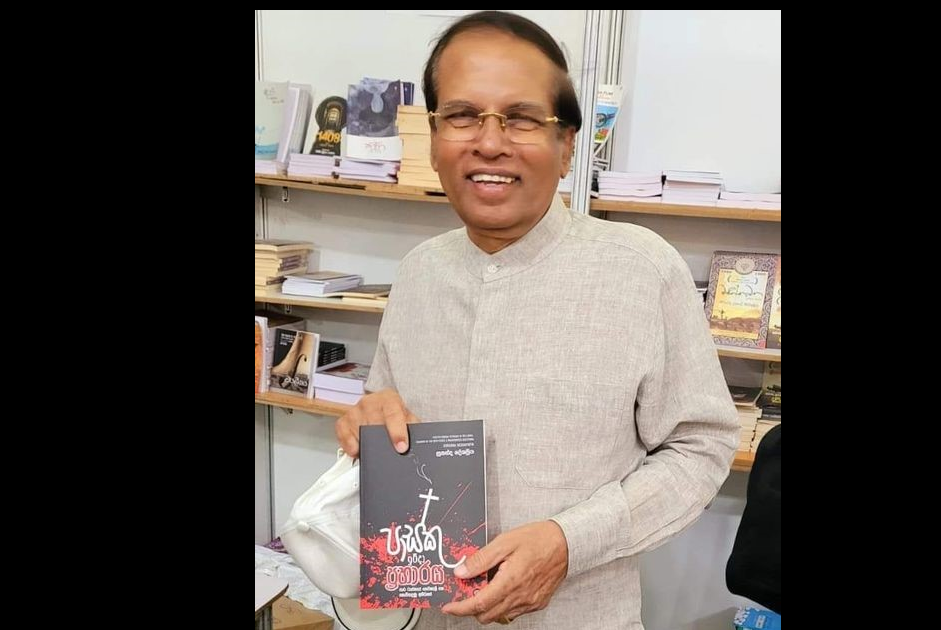Of the 80,000 workers in Sri Lanka’s Free Trade Zones (FTZ), including Katunayake, Biyagama, Watupitiwala, and Mirigama, only 22 per cent had the opportunity to vote in the recently held Presidential Election, according to several organisations working on the welfare of FTZ workers.
They also pointed out that garment workers’ supervisors have demanded to vote for their parties and candidates at workplaces.
At a media briefing held yesterday (23), these organisations highlighted two critical demands: granting workers the right to vote in the upcoming General Elections from their current work locations, without requiring them to return to their registered areas, and raising awareness about the challenges and rights violations they face.
The representatives of the collective rights groups for FTZ workers stated that many workers were unable to vote because their “attendance pay would be cut” if they left. In fact, several workers did have their attendance docked, a financial loss they couldn’t afford amidst the ongoing economic crisis and high cost of living. According to these organisations, many workers from distant areas, such as Jaffna and Batticaloa, were particularly affected, as they were unable to make the journey home to vote. Some of those who did vote were unable to return to work due to the curfew imposed, resulting in further pay cuts. They noted that this issue is not occurring with private companies but rather with the top apparel industry earners in the country.
They said when postal voting was requested from the EC, they had told the workers it was “costly” to hold postal votes for them. The organisations had also submitted several demands to the EC but nothing had been fruitful and the workers’ rights have been deteriorating despite the apparel industry being one of the earnings for Sri Lanka. “We are looking forward to monitoring closely when the next election is going to be held,” said one of the convenors at the briefing.
The key organisations like the Free Trade Zone Labour Collective, Dabindu Collective Union, Stand Up Movement Ceylon, Shramabhimani Centre, Revolutionary Existence for Sustainable Development, and the Commercial and Industrial Workers Union, along with labour rights activists, civil society leaders, and trade unions, addressed the media on the ongoing struggles of workers in the FTZ.
